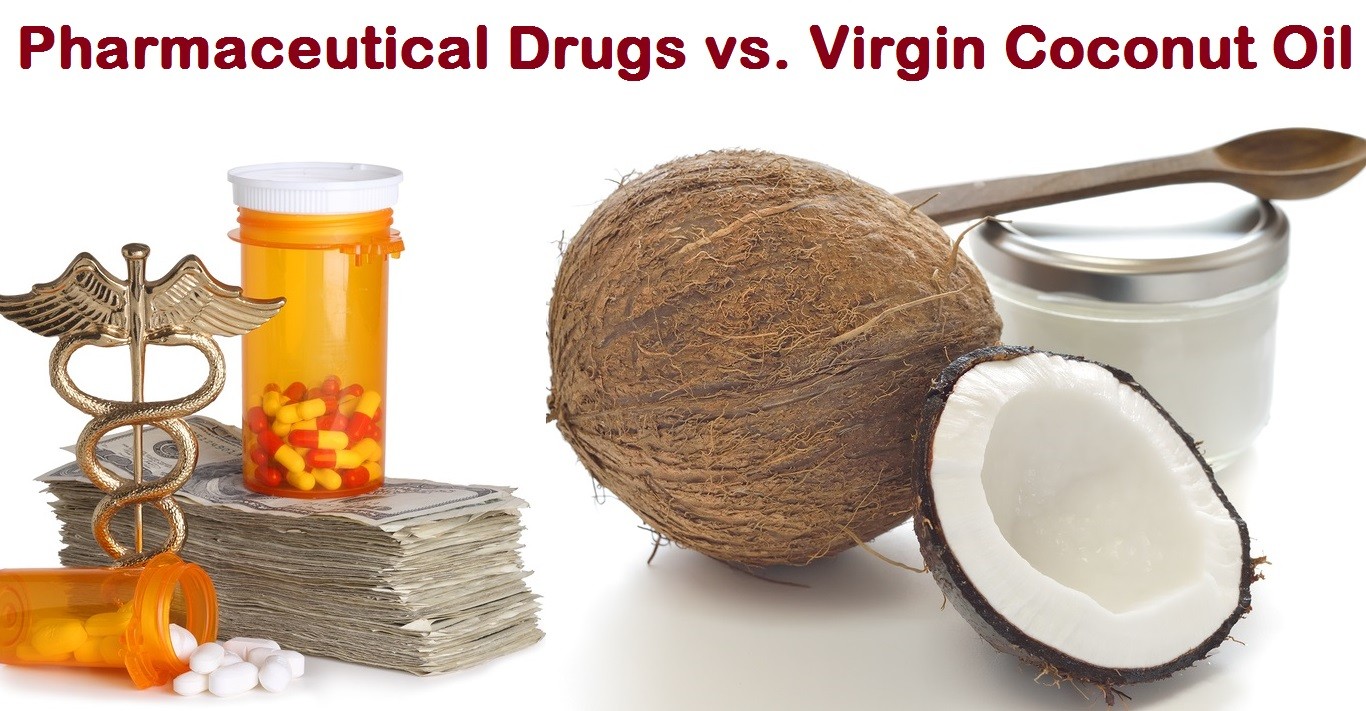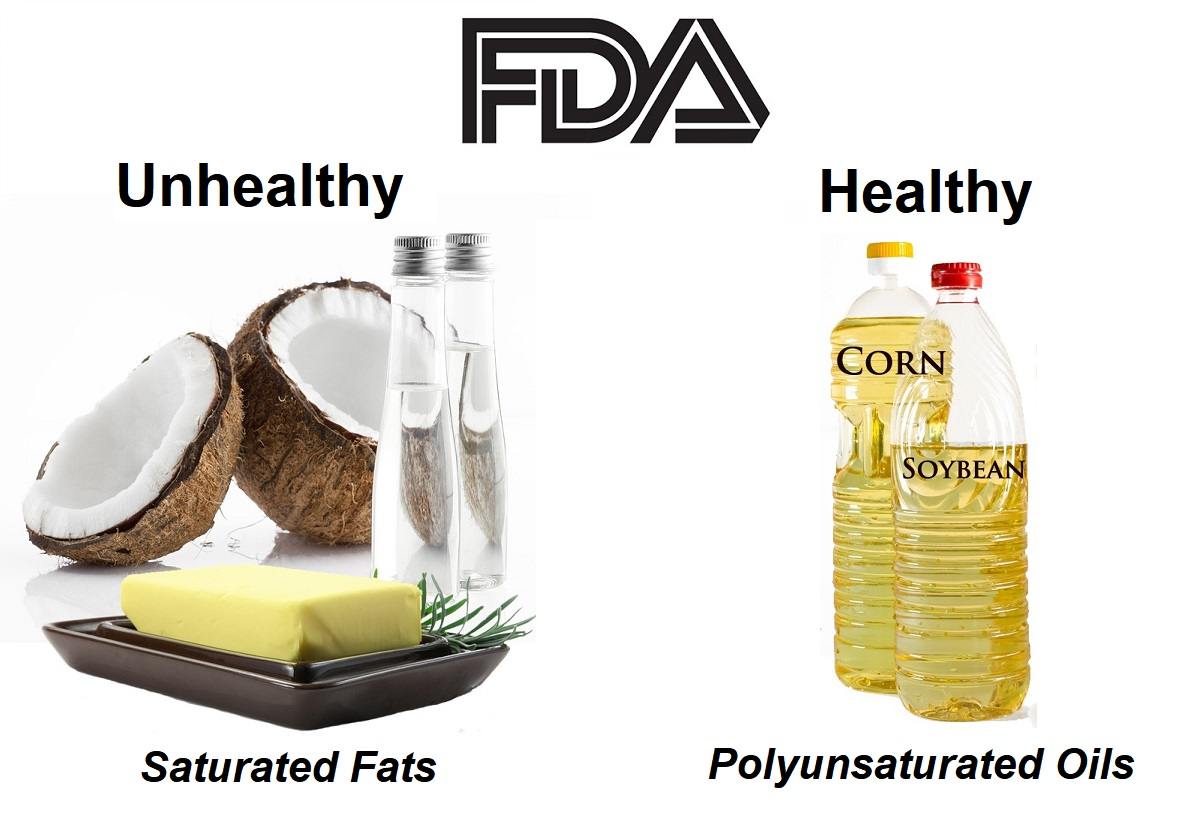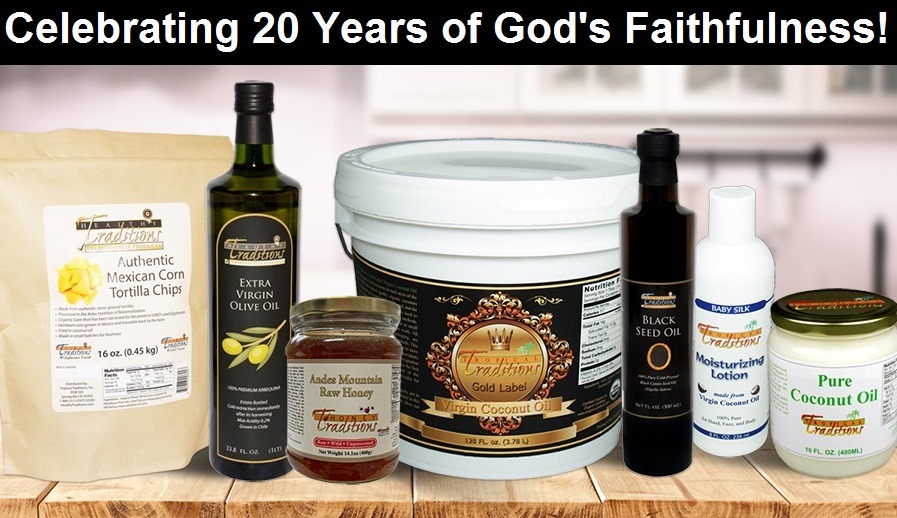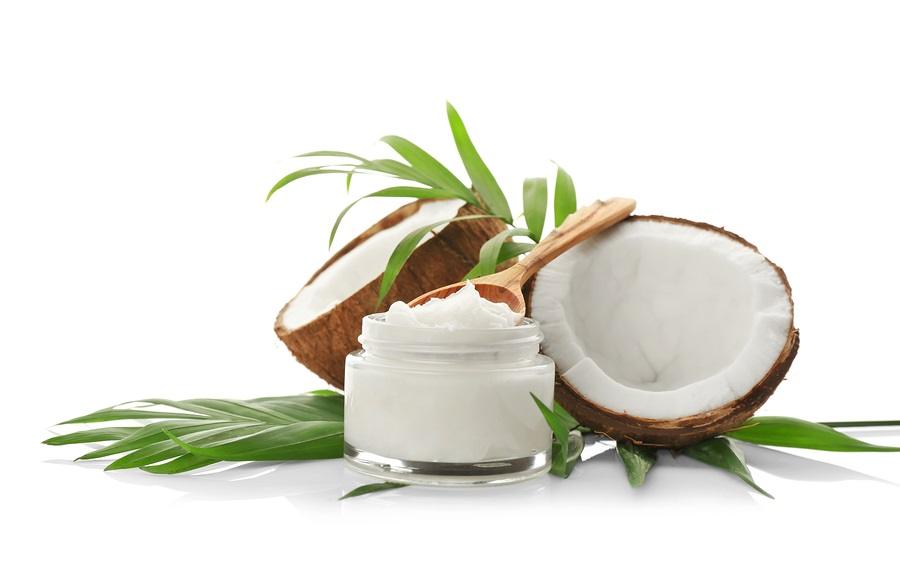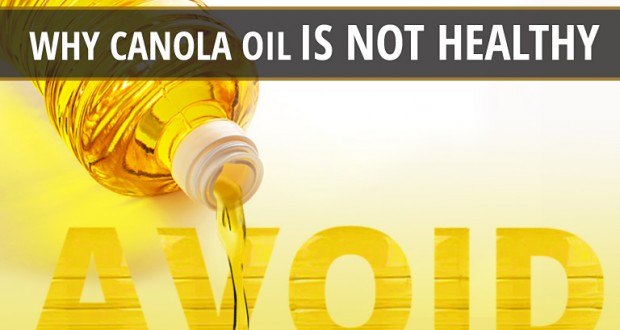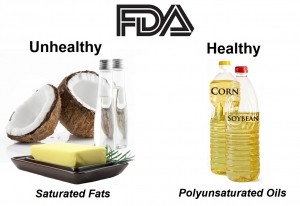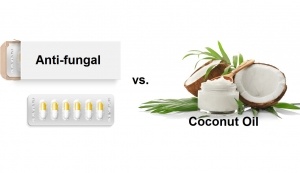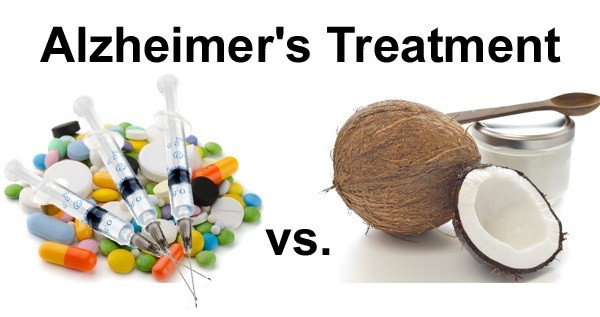The Evidence of Coconut Oil’s Superiority Over Drugs in Destroying Pathogens Continues to be Published in Peer-Reviewed Journals
The U.S. Government's official position on coconut oil today continues to be that it is dangerous for your health, and that you should either avoid it altogether, or only consume very modest amounts. The reason that has been given for this official position for over four decades now, is because it is primarily a "saturated fat" which they want you to believe leads to high levels of cholesterol and heart disease. But nothing could be further from the truth, as the whole "lipid theory" of heart disease has been completely debunked, along with U.S. Government dietary advice that condemns saturated fats, which are found primarily in animal fats and dairy, as well as in some vegetable sources such as coconuts and palm nuts. Saturated fats have been part of the human food chain for thousands of years. Our ancestors here in the U.S. settled in this country consuming primarily these saturated fats, such as lard, beef tallow, and of course, butter. Tropical countries where coconut palms grow have consumed the tropical oils of coconut and palm fruit oils for thousands of years. And prior to the industrial age that began after World War II, heart disease was not a major cause of death. The technological advances that came out of WW II gave us the ability to extract oils from plant sources that were never part of the human food chain, and that included primarily the expeller-pressed seed oils from corn and soy, which today are the main GMO crops that are sprayed heavily with glyphosate and a whole host of other herbicides and pesticides. These polyunsaturated oils prior to the industrial age were only consumed as whole foods in nuts and seeds, since the technology did not exist prior to that to extract them with simpler technology, and these polyunsaturated oils have to be heavily refined just to make them shelf stable. I have made it a personal standard for myself and my family over the years to NOT consume any dietary oil or fat that has not been in the food chain for at least 1000 years, which includes olive oil, sesame seed oil, black cumin seed oil, coconut oil, and palm oil from plant sources, and lard, beef tallow and butter from animal sources. When it comes to coconut oil, the real reason why the U.S. Government attacks it is because they are protecting their lucrative drug industry, because the peer-reviewed medical literature shows that coconut oil can cure multiple diseases that Big Pharma wants to sell you drugs to "cure" instead. (But their drugs don't "cure" because curing sickness is a terrible business model and eliminates their repeat customers.) At the top of this list of drugs is antibiotics, and the peer-reviewed medical literature has shown that the fatty acids in coconut oil destroy pathogens since at least the 1960s. And those studies continue to be published today, although usually outside the U.S. One of the latest ones to be published is in the journal Advances in experimental medicine and biology this month (August, 2023), titled: Antimicrobial Potential of Cocos nucifera (Coconut) Oil on Bacterial Isolates.




